Although not yet officially approved, the 12th package of EU sanctions against Russia has again encountered disagreement among member countries.
Some have suggested that the latest sanctions could mark a strategic shift for the EU, plugging the "gaps" left by previous rounds of sanctions.
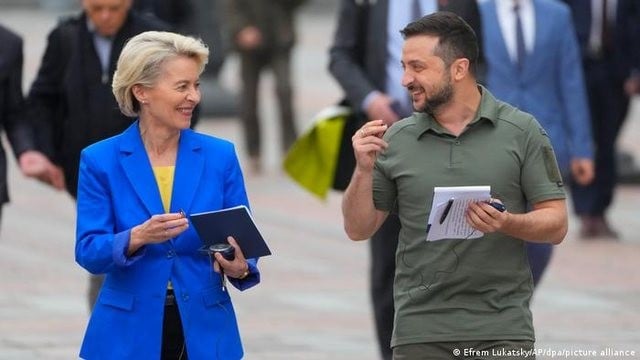 |
| EC President Ursula von der Leyen and President Zelensky in Kiev. (Source: AP) |
However, critics warn that this 12th round of sanctions could backfire, as it will directly impact EU industries and consumers in the region, more than Russian exporters.
For example, aluminium wire from Russia, essential for renewable energy projects, is also a significant import item for the EU. Major importers include Poland, Spain and Italy.
A potential ban on such imports could lead to price increases, making EU producers less competitive with global counterparts. Moreover, Russian aluminium wire rods are considered more environmentally friendly and their exclusion could increase the EU’s carbon footprint – which would be contrary to the emission reduction targets of the European Green Deal.
So has the EU's green deal suddenly opened up a new, very heated debate?
So, is the high standard of the EU Green Deal a major obstacle that is holding the EU back from its decision to sanction Russia?
No… The EU Green Deal is not really the biggest issue among the dozens of issues that the EU has to worry about. After all, the EU’s biggest CO2 emitters are still getting a free pass for their harmful emissions to the environment, small and medium-sized businesses, and EU citizens.
With the ideal CO2 emissions – supposedly reduced by up to 70% from Russian aluminium – potentially “ignored”, the counter-question being asked of the EU itself is – why should the world continue to be forced to pay for the environmental “sins” of steel, cement and aluminium producers outside the EU?
The Czech Republic, a major automotive manufacturing hub, has many companies that rely heavily on steel for their key product. In turn, the automotive industry is also important to the Czech economy , contributing around 10% to GDP, one of the highest rates in the world.
Meanwhile, Russia's Novolipetsk is an important steel supplier to Czech companies. The Russian steel company develops much of the steel rolling operations in Europe, including Belgium, France and Italy.
Faced with rising energy costs and challenges in finding alternatives to Russian steel, the Czech Republic is seeking to extend the transitional ban on Russian steel imports until 2028. This is one of the practical examples that clearly shows the difficulties that European companies face in replacing Russian steel products.
What is happening in the eyes of the European authorities?
Why do exceptions keep being made, especially when the EU steel industry is said to have the second largest overcapacity in the world? Would they rather leave the door open than shut it?
Why, instead of cooperating with partners, including allies in Asia, do they choose to protect their domestic market for reasons that are not considered reasonable…
Many questions are raised, in the context that the 11th round of sanctions (since February 2022) imposed by the EU on Russia from June 2023 still reveals many loopholes, which are said to have been exploited by Moscow to "circumvent the law", from price limits on Russian crude oil, or EU export control measures on the import of microchips into Russia... And even the fact that allies Ukraine are constantly urging new measures to further tighten the Russian economy.
According to observers, a new package of sanctions against Moscow also seems to confuse the EC, because it also puts pressure on EU leaders themselves, no less than the target of the additional sanctions, if not more.
On November 4, in a speech in Ukraine, President of the European Commission (EC) Ursula von der Leyen said, “Next week, we will announce the 12th package of sanctions against Russia.” However, nearly 2 weeks have passed, the limits against Russia are still open, as many EU members have “exceptional cases” similar to the steel problem mentioned above.
This is the EC President's sixth visit to Ukraine since the outbreak of the Russia-Ukraine conflict. On social network X , Ms. Ursula von der Leyen posted a photo with Mr. Zelensky and announced: "I am here to discuss the possibility of Ukraine joining the EU."
However, to officially become an EU member, Ukraine must not only overcome many political and legal reforms to comply with the standards set by the bloc. The application to join the EU also needs to be approved by all 27 members of the bloc. Among them, there are members that are very difficult to convince, such as Hungary - a country pursuing a neutral line in the Russia-Ukraine conflict.
The EU has already supplied large quantities of arms to Ukraine over the past year and pledged to send heavy equipment to the country, but this is a huge financial burden for the bloc that not all member states support.
Therefore, according to observers, the visit to Kiev of EC President Ursula von der Leyen is seen as serving a dual plan.
Source





![[Photo] Hanoi morning of October 1: Prolonged flooding, people wade to work](https://vphoto.vietnam.vn/thumb/1200x675/vietnam/resource/IMAGE/2025/10/1/189be28938e3493fa26b2938efa2059e)


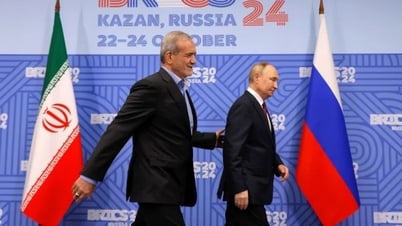

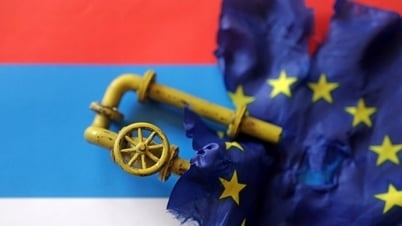



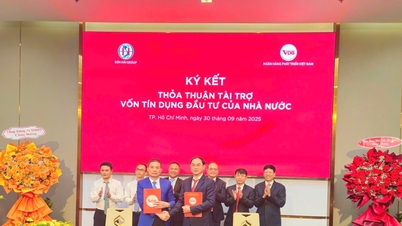

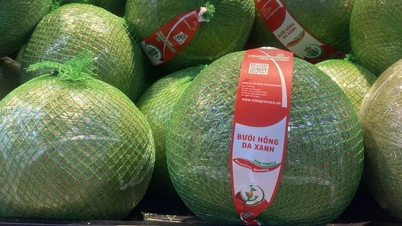

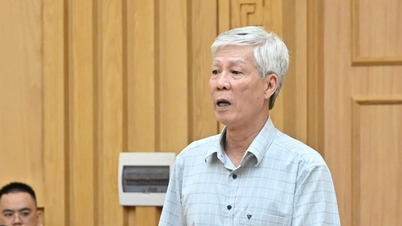
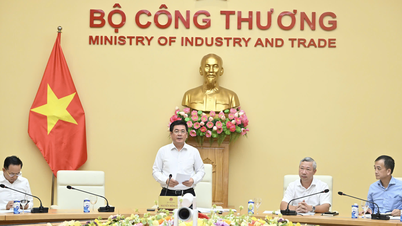
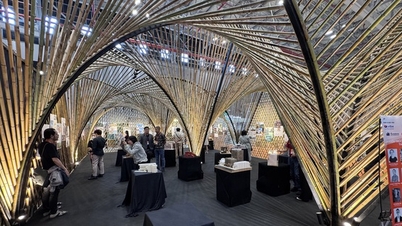







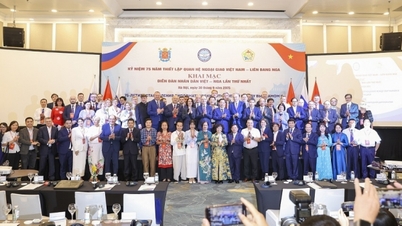
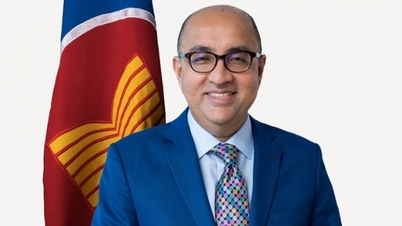
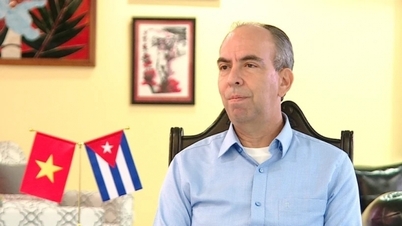
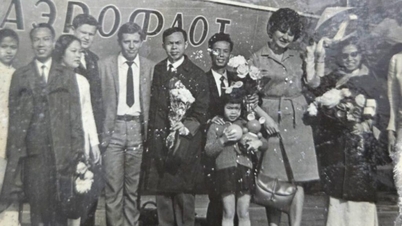


![[Photo] President Luong Cuong receives President of the Cuban National Assembly Esteban Lazo Hernandez](https://vphoto.vietnam.vn/thumb/1200x675/vietnam/resource/IMAGE/2025/9/30/4d38932911c24f6ea1936252bd5427fa)
![[Photo] Panorama of the cable-stayed bridge, the final bottleneck of the Ben Luc-Long Thanh expressway](https://vphoto.vietnam.vn/thumb/1200x675/vietnam/resource/IMAGE/2025/9/30/391fdf21025541d6b2f092e49a17243f)






















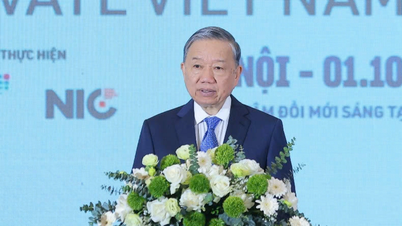

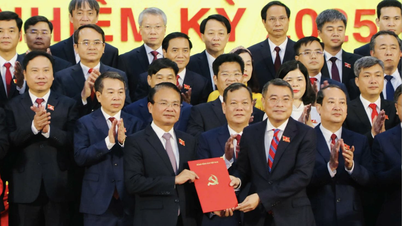
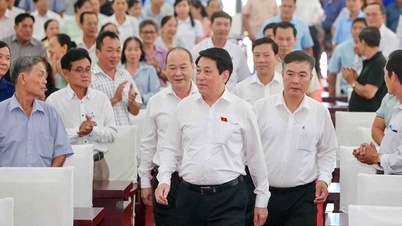
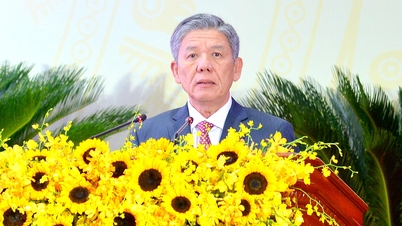



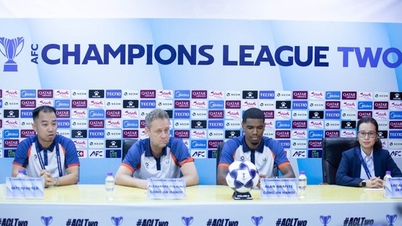






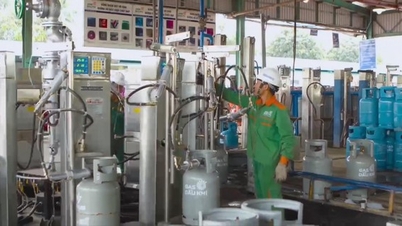
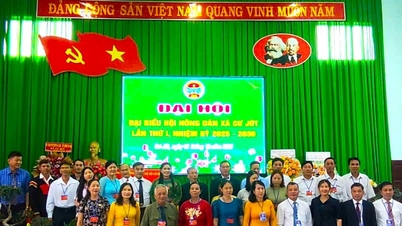

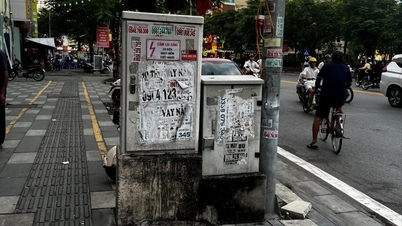

















Comment (0)